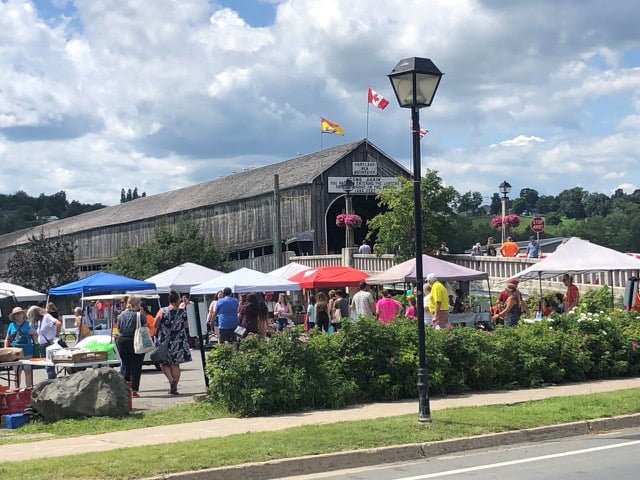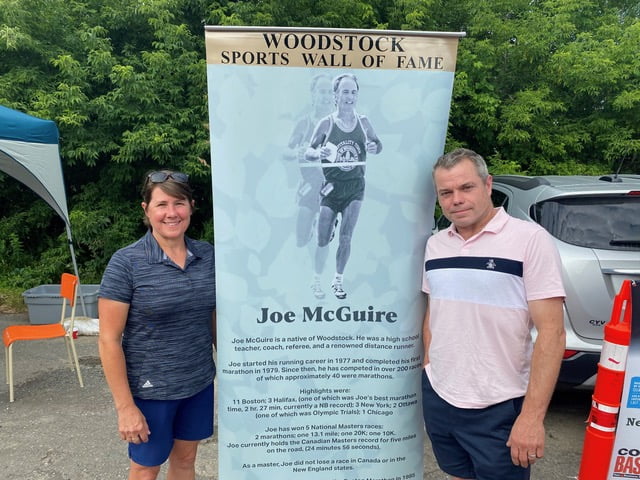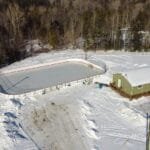Looking back on 2024 and forward to 2025
RVS: What do you consider the highlight of 2024 for Woodstock?
TJ: The success we’ve seen with events in 2024 certainly tops the list of our accomplishments and highlights what we are capable of. We saw the return of the snowmobile races, which was a tremendous success, the first Family Day-focused events that had huge participation, a region-wide total solar eclipse event, a massive Canada Day event, and many, many other successful returning events that are too endless to list.
We have so many great organizations hosting tremendous events in our community, and with the 2025 budget, we hope it shows that the council intends to build on the momentum of 2024. We want to continue to look for ways we can better support events, whether that is financially, with improvements to infrastructure, or by assisting with our own resources. Events provide opportunities for our community members and visitors to participate in many experiences in arts, music, culture, sports, etc., and they all contribute to an economic spinoff for our local businesses.
RVS: What do you consider 2024’s biggest disappointment?
TJ: One of our biggest challenges continues to be with water infrastructure. It was certainly apparent in February of 2024 with a huge water break that required significant time and effort to fix. The timing lined up with the return of the snowmobile races that saw thousands of people in attendance, and that break caused a lot of disruption to our local businesses.
We also had to deal with the discovery that one of the two wells that make up our only water source was in a state beyond repair. On the flip side, we have made tremendous progress in the past year with repairing and fixing our water and sewer infrastructure, and with every repair, we have gained better control over all of the system. It’s the one resource we cannot live without, so it continues to be a top priority for this council.
We acted fast and with urgency to dig a third well that will help secure our only water source and we hope to have that operating in full by spring of 2025. The fast timeline we’ve been able to achieve on this required a large hands-on approach from our own team, and consultants, and the provincial government, and we are thankful for the assistance we’ve received.
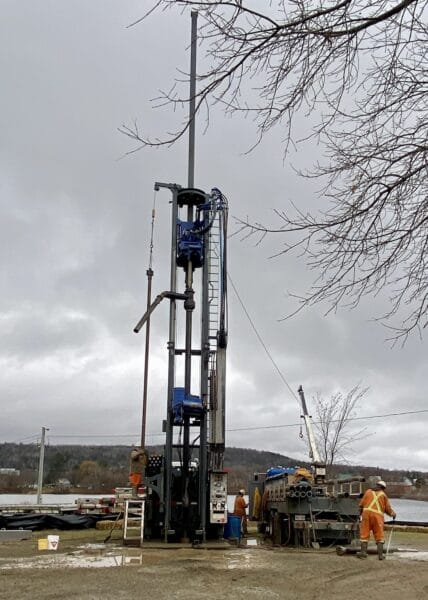
RVS: What are your biggest hopes for Woodstock in 2025?
TJ: We are hopeful that the provincial government will come through with a plan for fiscal reform for 2026 and beyond. Smaller, rural areas struggle to find other revenue sources that are significant enough that would allow us to alleviate our reliance on property taxes to fund all our service and infrastructure needs.
We know this government is also looking at how property taxes are structured. Time will tell if any changes there will have a positive impact on our situation, but I’m in full support of the property tax system review for our province.
RVS: Significant decisions on the future of the town hall complex will come in 2025. What do you see as the ideal solution for the locations of the fire hall, town hall and police station?
TJ: What we know for certain is that the current facility on Main Street, which is home to the Woodstock Police Force, Woodstock Fire Department, and the majority of the town administration, is not adequate. We have already displaced the town council and some administration staff, but as we look to expand the WPF, we will need to displace the entire town administration, even if temporarily.
We want to continue to make use of the building on Main Street, so we will be working with consultants to help us determine which group is best suited to use that space for the long term. Ideally, the other two departments would share one building, but that would mean finding suitable land large enough and affordable enough in the right location.
We are currently looking at land options, and we are also hoping to secure a temporary home for the administration staff early in 2025.
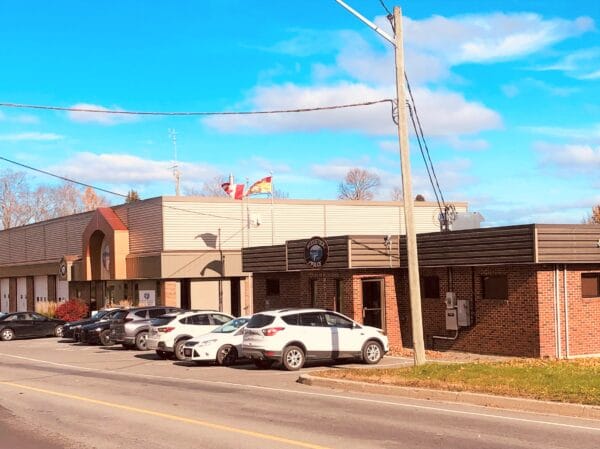
RVS: The town has made great strides in future housing development, but affordable housing seems elusive. What steps can the town take in this regard?
Depending on your definition of affordable housing, I think we will have a number of announcements in 2025 that will help provide affordable housing options in our community that meet CMHC’s definition of affordable housing. We are excited by the potential of the projects that we have on the horizon and we look forward to sharing more about these projects as soon as we are able.
RVS: Utility costs are rising, and questions remain about a second water source and rising costs. Will 2025 bring answers, including how the town will deal with the costs associated with the failed Grafton well?
TJ: As was shared in our last council meeting of 2024, our second council meeting (of 2025) on Jan. 28 is dedicated solely to all things water. We will be sharing what we’ve accomplished in 2024, our 2025-2027 infrastructure plans, the effects of current costs on water rates and what customers can expect for rate increases in 2025 and 2026, and the council will consider a proposal on long-term rates from the staff. I will also share an update on the Grafton well project.



